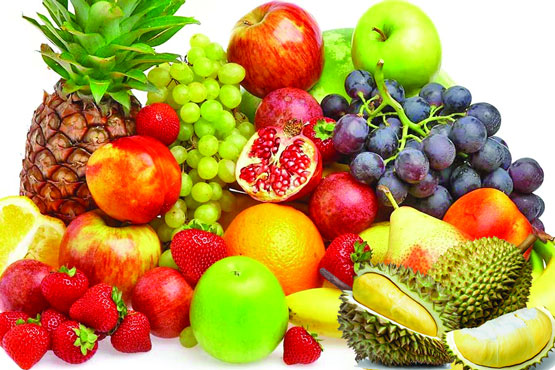Country now thrives on cultivated foreign fruits
Staff Correspondent: Dragon fruit, once an exotic import from Central and South America, is now widely available in local shops across Bangladesh. Once a luxury for the upper class due to its high price, dragon fruit has become affordable for middle and even lower-class consumers thanks to local cultivation.
Today, around 34 foreign fruits, including dragon fruit, are cultivated in Bangladesh, with eight being grown commercially. The increased cultivation has reduced imports and saved foreign currency.
According to the Department of Agricultural Extension, 72 types of fruits are currently grown in Bangladesh, almost half of which are foreign varieties. Approximately 11,000 hectares are dedicated to cultivating these foreign fruits, including 2,500 hectares for dragon fruit alone. The market value of domestically produced foreign fruits is estimated at about Tk 12,000 crore.
Hamidur Rahman, former director-general of the Directorate of Agriculture, noted, “Foreign fruits are meeting the vitamin needs of our population. However, it is crucial to develop varieties of our native fruits to prevent them from being overshadowed by foreign ones.”
Reports from various correspondents indicate that foreign fruits are cultivated in 38 districts, with dragon fruit grown in 36, Malta in 28, oranges in 21, strawberries in 13, rockmelon in 7, and Thai guava and Saudi dates in 6 districts.
Other exotic fruits grown include rambutan from Southeast Asia, avocado from Mexico and Central America, Vietnamese varieties of coconut and mango, Chinese persimmon, longan, baromasi glutinous jackfruit, MB2 pineapple, Thai papaya, Thai safeda, grapes, pears, jaboticaba, sweet lemons, Thai sweet tamarind, figs, yellow watermelon, mulberry, apples, carob, and more. Foreign cashew nuts and potatoes are also cultivated.
Data from the National Board of Revenue (NBR) shows that from January 3 to June 13 this year, foreign fruits worth over Tk 4,800 crore were imported, including dates, grapes, oranges, pears, and apples. The foreign fruit market in the country is valued at more than Tk 10,000 crore.
Sirajul Islam, President of the Bangladesh Fresh Fruits Importers Association, mentioned that local production has reduced imports. For example, dragon fruit, once imported from Thailand and Vietnam, now meets 90 percent of local demand. While fruits like lychee, mango, and pineapple are entirely locally sourced, large quantities of dates, grapes, oranges, pears, and apples are still imported.
Agricultural economist Dr. Jahangir Alam Khan commented, “We benefit in two ways from local production of foreign fruits: we get fresh fruit and reduced imports. The government needs to support increased production of these fruits.”
In Khulna, dragon and Green Malta are being commercially cultivated, making many unemployed youths self-reliant. For instance, Akram Hossain from Garakhola village in Fultala earned Tk 1.5 lakh by planting 100 dragon seedlings on a small piece of land. This success has inspired other farmers in the area to grow dragon fruit. Cultivation of dragon and Malta has also increased in Brahmanbaria.
Chuadanga District Agricultural Extension Department reported that 3,400 tons of dragon fruit were produced on 285 hectares this year, along with about 5,000 tons of rockmelon on 327 hectares.
Foreign fruits are also being cultivated in most northern districts, including Thakurgaon, Kurigram, Dinajpur, Rajshahi, Natore, Naogaon, Chapainawabganj, Joypurhat, and Sylhet. The cultivation includes dragon fruit, China oranges, tangerines, rockmelons, strawberries, and Saudi dates.
The three hill districts of Rangamati, Khagrachari, and Bandarban have over 100,000 hectares of mixed fruit orchards, including mango, dragon fruit, oranges, and Malta. The fruit production target for these districts this season is around 1.7 million tonnes.
The Department of Agriculture Extension’s project, “Nutrition Development through Year-round Fruit Production,” has helped cultivate 10 foreign fruits along with native varieties. Project Director Dr. Md. Mehdi Masud stated that local production has made foreign fruits like dragon and Malta more affordable while providing good income for farmers.
Dr. Kho. HabibulAlam, chief scientific officer of the Rajshahi Fruit Research Center (BARI), emphasized the need to prevent contamination in foreign fruit cultivation. He highlighted that imported plants and plant products should be tested to prevent diseases and pests from affecting local agriculture.
Rare Israeli airstrike in Beirut kills Hezbollah commander and more than a dozen others
International Desk: Israel launched a rare airstrike that killed a senior Hezbollah milita…








